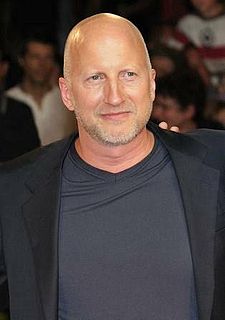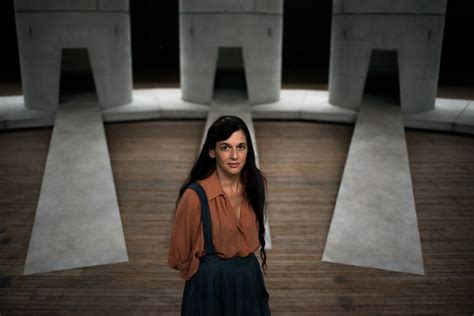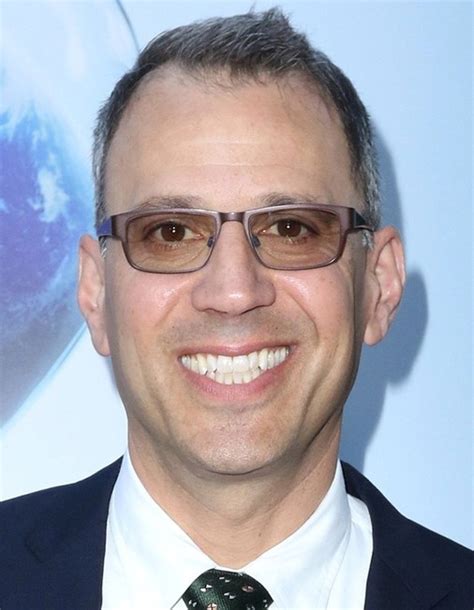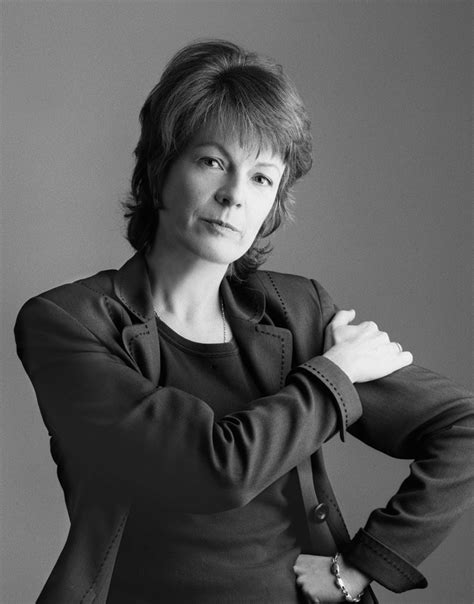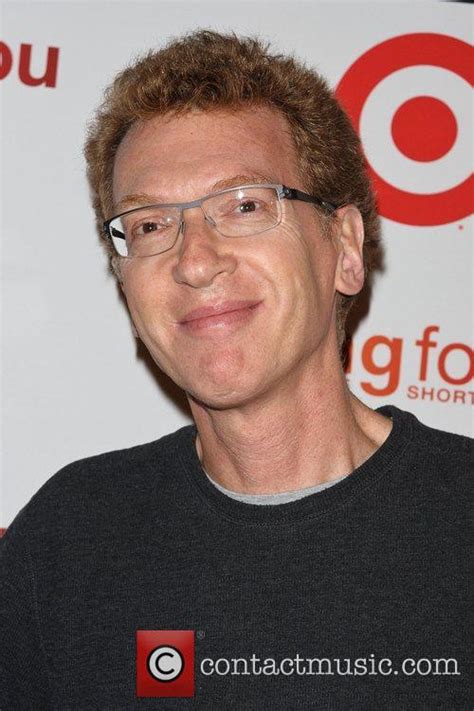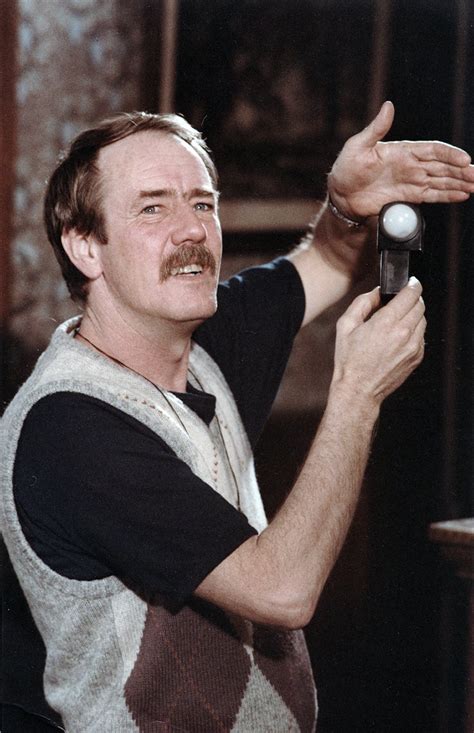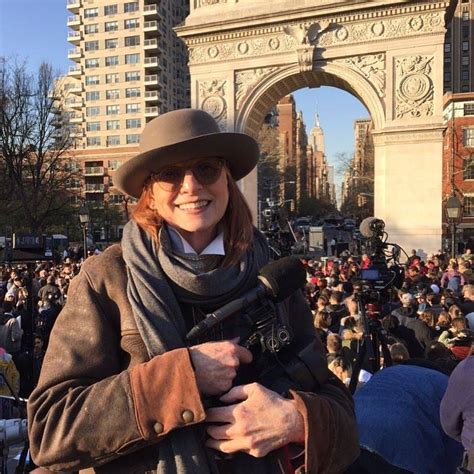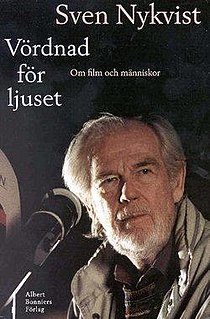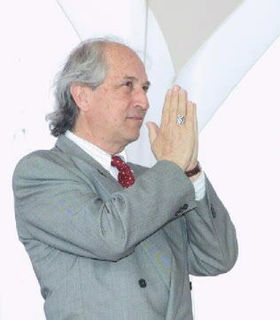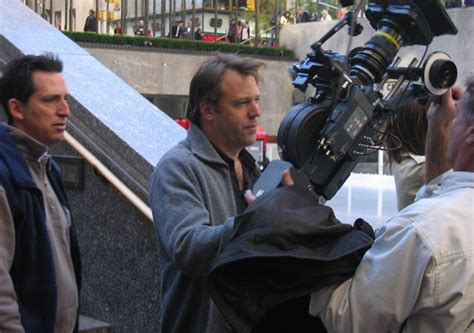A Quote by Vilmos Zsigmond
Even in manipulating the images, I would like to do my dailies in a digital way because you can do so many things in that stage that I cannot do in real photography.
Related Quotes
I feel more like a creative artist using photography because there's - the digital work is so interesting now. It's come to that. I have had many different stages of photography - there are many different ways to take photos. But I feel now I'm in that stage of my life where I use the camera, you know, in that way.
Humans have changed the landscape so much, but images of the sea could be shared with primordial people. I just project my imagination on to the viewer, even the first human being. I think first and then imagine some scenes. Then I go out and look for them. Or I re-create these images with my camera. I love photography because photography is the most believable medium. Painting can lie, but photography never lies: that is what people used to believe.
Images anesthetize. An event known through photographs certainly becomes more real than it would have been if one had never seen the photographs ... But after repeated exposure to images it also becomes less real. ... 'concerned' photography has done at least as much to deaden conscience as to arouse it.
My own personal aesthetic is all to do with real actors and real locations and a kind of almost hyper reality and actuality to things. But the digital world, I explore that through other mediums, with music videos and commercials. Even 'The Road' was a real learning curve for me with digital effects.
The first half of the 20th century belongs to Picasso, and the second half is about photography. They said digital would kill photography because everyone can do it, but they said that about the box brownie in 1885 when it came out. It makes photography interesting because everyone thinks they can take a picture.
CGI means, just to be clear, creating any type of image with a computer. Basically, starting off with nothing, or with images and manipulating them. The way we did it, everything was actual photographed images. A lot of that stuff was shot through a microscope of chemical reactions, yeast growing, lots of weird things, by Peter Parks. We put it into a computer and collaged it, manipulated it. Meaning we digitally shaped it to fit with other images. But there was no computer-generated imagery at all.
I went to art school, wanting to be a painter and then I got into photography. Then it was movies, and I liked the images. One of the things that interested me in film was that I was communicating in images. That was something I did intuitively and could not even talk about until I started having to do interviews.
Donald Trump both disbelieves and believes in falsehoods, so that when he did thrive on his longstanding - the claim that Obama was not born in the United States - he's crazy like a fox in manipulating it because it gave him his political entrée onto the national stage. In order to make your falsehoods powerful, you have to believe in them in some extent. And that's why we simplify things if we say that Trump either believes nothing in his falsehoods and is just manipulating us like a fox or he completely believes them.







